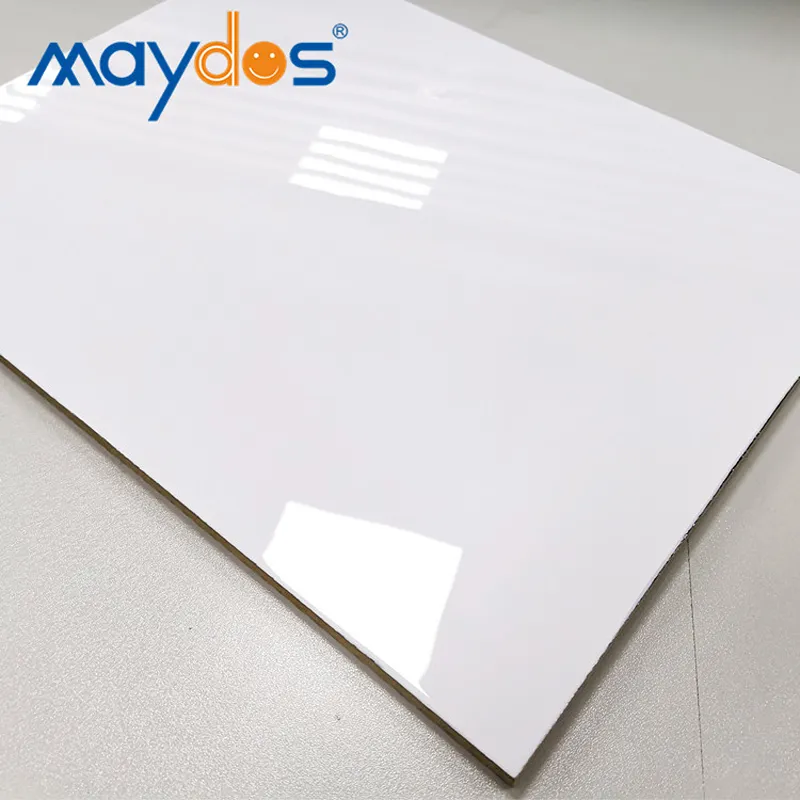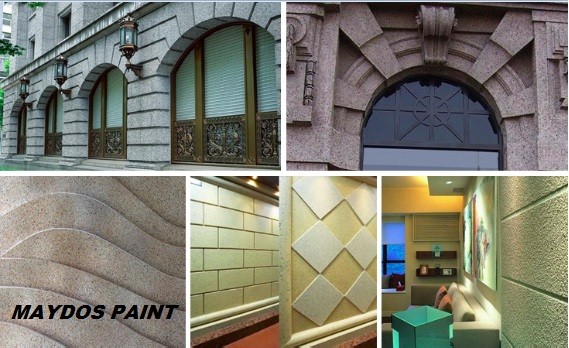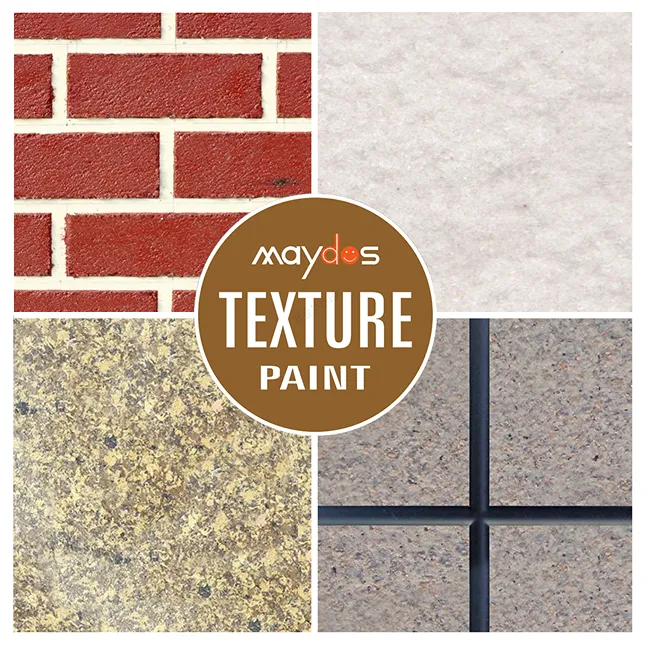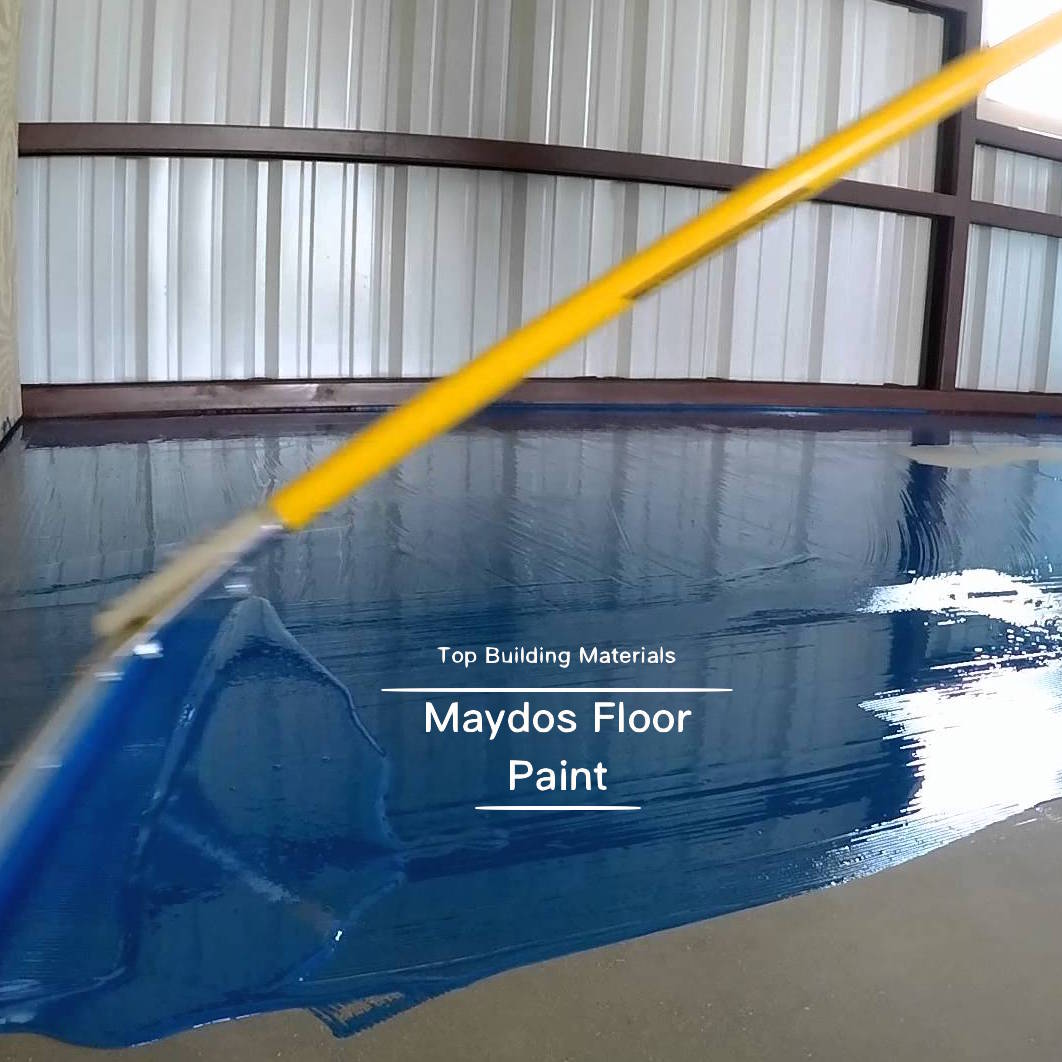Coating Factory
A coating factory produces specialized coatings for a variety of surfaces. These coatings are designed to provide protection against corrosion, chip resistance, and aesthetic qualities.
Powder coating is a finishing process that uses dry, free-flowing, thermoplastic or thermoset powder material to create a film-like finish on a surface. This process can achieve a wide range of colors, finishes, and textures that are not readily achievable through conventional liquid coating methods.
Industrial coatings
Industrial coatings are used to protect and preserve the surfaces of a variety of structures and machinery. They can protect against corrosion, abrasion, and chemical exposure among other factors. They can also add additional aesthetic features to a part.
Coatings can be applied to a wide range of materials, including steel, aluminum, and wood. They can be applied through a number of processes, including dip coating, brush coating, and roll-to-roll coating.
When choosing an industrial coating, it’s important to consider the chemistry and properties of both the coating and the substrate. In addition, you should look for specifications such as coverage and wet thickness.
The right industrial coating can be a significant cost saver in the long run. For example, polyurethane industrial paint coatings are effective at abrasion resistance and can help reduce the need for reapplications.
In addition, you should choose an industrial coating that provides a high degree of protection against abrasion, oxidation, and UV light. This can make it more durable and extend its lifespan.
Finally, you should choose an industrial coating that complies with all safety standards. This will ensure the safety of people working with the product.
The surface of the part to be coated must be clean before the coating process begins. This will ensure the proper adhesion of the industrial coating and prevent fisheyes, blistering, alligatoring, cissing, bubbling, and adhesion failure. Using the right techniques, such as chemical cleaners, heating processes, and blasting procedures, trained technicians can adequately remove moisture, salts, and dry contaminants.
Powder coatings
If you’re looking for a coating that can provide your metal products with protection and visual enhancement, powder coating is an ideal choice. It has a high degree of durability and can be applied to a wide range of materials.
This type of coating uses a variety of ingredients to create the finished product, including polymer resins, curatives, pigments and flow modifiers. The ingredients are melted, mixed, cooled and ground to a fine powder that resembles baking flour.
Once the powder is sprayed, an electrostatic charge attracts the particles to the surface and makes them stick to it. This process is also called electrostatic spray deposition (ESD).
While it requires more time to apply than liquid paint, powder coatings can provide thicker coats in one application. They can also be layered, which provides additional protection and longevity for the coating.
Powder coatings also don’t contain solvents or release volatile organic compounds, which can contaminate indoor air and cause health problems. They’re also cost-effective and environmentally friendly.
The first step in powder coating is pretreatment, which consists of cleaning the surface to remove oil, dirt or other contaminants. This is essential to ensure the coating adheres properly.
This step is critical, as it prepares the part for the coating process. It includes an alkaline cleaner, iron phosphate application and two thorough rinses. A chrome-free zirconium sealer finishes the process.
Production lines
Manual spray booths allow workers to prep, coat, dry and cure items in batches. They work well for occasional powder coating projects, but they don’t have enough capacity to handle large-scale productions.
Instead, automated powder coating lines use conveyor systems to transition parts from one stage to the next. This eliminates the legwork required to manually move parts through the process and helps businesses achieve greater efficiency across the board.
Choosing the right type of production line is important for any business. It can affect production and quality, as well as lead to more sales and higher profits.
In addition, a good production line will include quality controls to ensure that the product meets all specifications. This will help the company stand out in the market.
The manufacturing industry is a competitive one, and every product has to meet high standards of quality. This is why a good company will invest in the highest-quality equipment available and utilize a turnkey system to deliver a product that meets all expectations.
Using a production line will also save the business money and time, as it can reduce employee labor intensity. It also provides a way for companies to avoid quality issues caused by human error during operation.
Equipment
Industrial coating equipment is used to coat industrial products, metals, and components. These coatings protect them from corrosion, heat, chemicals, abrasion and water. They can also be used to make a product more resistant to wear and tear.
The first step in the coating process is to prepare the material. This can be done with a variety of different pretreatment processes. These include cleaning, rinsing, and etching the surface to remove residue.
Coating factories may use dip tanks or wash stations to clean and chemically prepare the parts before applying a coating. They are equipped with hot water, steam, detergent, and other pretreatment solutions that can be sprayed over the part before coating.
Another important part of the coating process is a spray booth. These spray booths are designed to ensure that the materials used during the coating process are evenly distributed. They are also designed to eliminate environmental factors that can affect the coating, including air pollution and smoke.
The industrial coating market is growing quickly and is expected to continue expanding throughout the next few years. This is because industrial coatings can improve the performance of many types of products and increase their durability and longevity. They can also help to reduce waste and energy costs. This helps to keep a company competitive in the industry. It can also help to increase employee productivity. The market is estimated to grow at a CAGR of % during the next few years.
Licenses and permits
In order to start a powder coating business, you need to obtain a business license and permit. These can be obtained through the office of your secretary of state. You will also need a tax ID number and a permit to work with chemicals.
Coating factories can provide various types of coatings for metal parts and other objects. These coatings are made from resins, curing agents, pigments and chemical additives, and they provide a durable and abrasion-resistant finish.
Many powder coating processes can be performed in-house, but others require specialized equipment. These coating systems can include a spray booth, which is a ventilated enclosure that is designed to handle the different paints and other materials used during the industrial manufacturing process.
A spray booth may be a standalone structure or part of a larger manufacturing facility. They are typically equipped with a variety of features, including exhaust fans, lighting fixtures and filters that collect overspray.
The air quality in a spray booth is important, as it can help keep the paint or other coating material from drying too quickly. It can also protect people and other materials from overspray.
Besides a spray booth, a coating factory will need a ventilation system that is capable of meeting local and national code requirements. These systems can be a part of the building or a separate structure, and they should be designed to meet your specific needs.
Marketing
Marketing is a critical part of any business. It helps the company develop sales strategies and create brand awareness among its target customers. It also provides the business with important information regarding its competitors and industry trends.
A coatings manufacturer has a lot of competition, so they must use every possible strategy to ensure that they are not left behind. One of the most effective ways to do this is through online marketing.
To start, the company must have a website that is easy to navigate. It should also provide visitors with an informative experience and convert them into leads.
The site should also include features that allow it to tailor its content to different buyer personas. The home page should include a simple statement about the company and a prominent call to action.
It should also have a blog function that allows the company to publish valuable content. This can be a great way to gain the attention of potential prospects who are looking for a solution to a specific problem.
The company should also consider joining LinkedIn, which is a valuable tool for B2B marketers. It allows the company to reach out to other manufacturers and connect with subject matter experts. It can also help the company build its brand and become a trusted name in the paint & coatings industry.





















